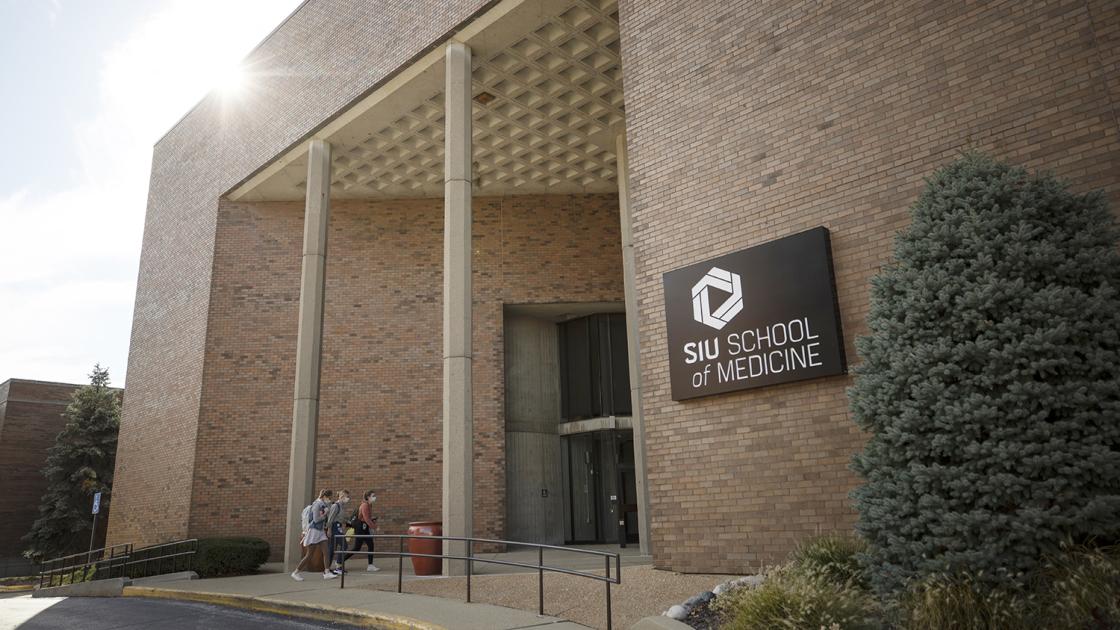
New treatment offers outpatient option for enlarged prostate
A new medical procedure is now available in central Illinois for treating a common male malady. Water vapor therapy can be done in an outpatient setting to treat Benign Prostate Hyperplasia (BPH), or an enlarged prostate. BPH is present in the majority of men over age 40, and more than 90 percent of men over age 80, according to the National Institutes of Health. It affects the frequency and ease of urination.
Southern Illinois University School of Medicine surgeon Kevin T. McVary, MD, professor and chair of the Division of Urology, and his staff have performed the treatment as part of a clinical trial. The treatment was approved by the FDA last winter. SIU will now be instructing urologists from around the country on how to perform this technique.
SIU’s urology group was one of the country’s first test sites for the device’s clinical trials. “This is a big improvement over other therapies,” McVary said. “It is safe, it is effective, it is fast.” The innovative technology is minimally invasive and can be performed in clinic or an outpatient surgery center depending on overall health of the patient.
The procedure uses a tiny camera scope passed through the urethra and an even smaller needle, which goes into the prostate multiple times, depending on the size of the prostate. It delivers a drop of water vapor (steam) to the target area, rather than using lasers or electricity. The water vapor technology is confined within the boundaries of the prostate and does not affect surrounding tissues. The steam travels between the prostate cell walls and collapses them, shrinking the prostate to normal levels. The body then reabsorbs the tissue. “During the clinical trial we saw a great result with shrinkage of the prostate and the patients tolerated the procedure well,” said Danuta Dynda, MD, assistant professor of research in urology and the Center for Clinical Research. Normal prostate surgery leaves scar tissue; only 11 percent of the tissue is reabsorbed.
Rick Fritz, 55, was one of Dr. McVary’s first patients to undergo the treatment during its clinical trial phase. “I was getting up so often at night to go to the bathroom, it was disrupting my sleep,” he said. “I needed to do something.” When McVary told him about the new treatment, he was game.
“I had one session, we were done in a half-hour and my prostate shrunk by more than half,” Fritz said. “It’s one of the best things I ever did for myself. I would definitely do it again.”
Candidates for the procedure have typically tried medication first without success.
For more information about BPH treatments, contact the SIU Division of Urology at 217-545-8000.



